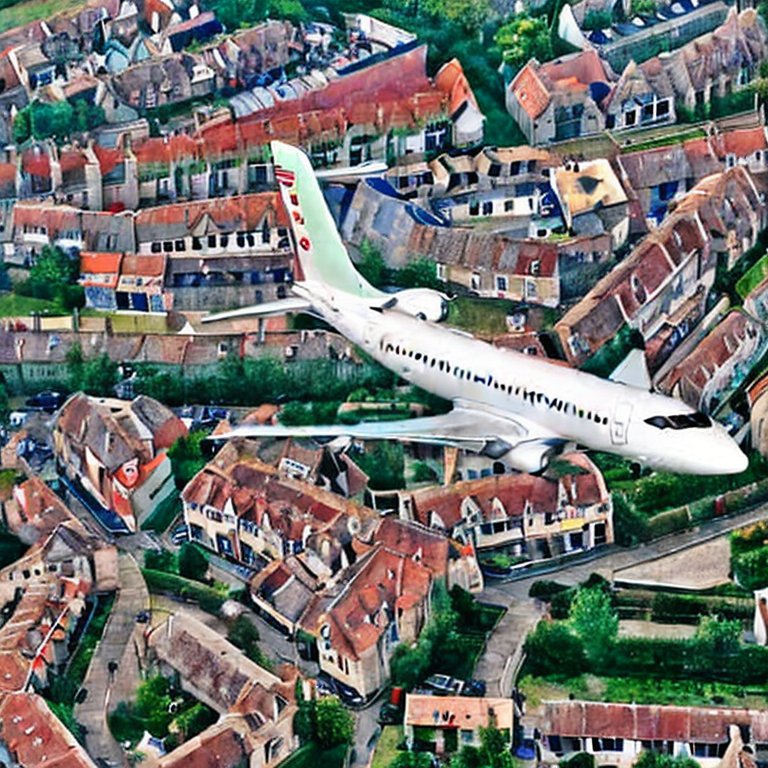Report against airport expansion
Airport expansion benefits a “small and wealthy subset of the British population” leaving the rest to deal with its environmental impact, according to a new report.
The paper, Losing Altitude the economics of air transport in Great Britain, was published just weeks before plans to double capacity at Gatwick were made public for the first time.
It argues that the “significant” environmental downsides that come with the growth in flight numbers is not matched by its economic benefit – and that data arguing otherwise is out-dated.
However, while it says overall tourism in the UK is harmed by increased aviation, Surrey and the south east benefit.
Gatwick Airport says a second runway would bring an extra £1billion to the south east and that its “detailed economic analysis is robust and is based on UK-specific data”.
It has submitted proposals to the Planning Inspector to add a permanent second runway to allow an extra 100,000 flights a year. A six-month enquiry is set to start later this year to determine the matter.
The report, by New Economics Foundation, read: “The Government continues to provide conditional support to air capacity growth on the, often tacit, basis that the economic upsides outweigh the negative impacts and future risks. “But, the economic assumptions that underpin this position favouring growth are dated and have not been reviewed for some years.
“Given the urgent and sizeable nature of the climate risk, it is imperative that the evidence, and relative balance, of the economic and environmental impacts of air transport growth are kept up to date and under constant review.”
The last comprehensive Government review of the economic impacts of air travel was in 2012 and the industry has “changed dramatically” since then, the report argues.
Growth in business travellers has effectively ceased and new passengers are “exclusively from the leisure market” – in particular, “growth has been driven by wealthy British residents rather than foreign tourists or those on lower incomes”. The pandemic, it says, accelerated the trend.
Welfare, jobs and wages, tourism.
It said the social benefits that access to international travel brings to UK residents can be vast but is “typically captured by a small and wealthy subset of the British population while, each year, around half of British residents do not fly at all. Furthermore, the welfare benefit must now be offset against welfare losses resulting from greater environmental damage; these are substantial”.
On job creation, it said that aviation “supports a large number of British jobs, but the amount of employment created by growth has been diminishing over time” and has now become “one of the poorest job creators in the economy per pound of revenue” – due to automation and efficiency savings.
It also found productivity growth failed to translate into increased wages; after inflation.
On tourism it said there are now two decades of evidence showing air transport does not help the UK domestic tourism industry with cash instead flowing overseas.
The exception to this is in Surrey, London and the wider south east, where the majority of foreign tourists visit.
Dr Alex Chapman, senior researcher at the New Economics Foundation (NEF), said: “For years, this government has let the air travel industry balloon in size, based on dangerously outdated claims that it is boosting the UK’s economy. The reality is declining business air travel, declining wages for air travel workers, declining job numbers, and declining domestic tourism spending in the UK.
“And that’s before you consider the rise in noise, air pollution and dangerous emissions driven by UK airports. So who exactly is benefiting from ever more air travel? You needn’t look much further than the highly paid executives, the private shareholders, and the wealthy minority of ultra-frequent flyers.”
Cait Hewitt, policy director at the Aviation Environment Federation, said: “The question of whether or not airports should expand is often assumed to be about balancing environmental harms against economic benefits. This new analysis suggests we should think again; while flying definitely causes harm in terms of noise and emissions, it’s uncertain if it actually brings any economic benefits.
“Obviously people benefit from going on holiday, but policies that support British tourism and leisure – rather than increasing travel abroad – would be good for the UK economy as well as the climate.”
A London Gatwick spokesperson said: “We are aware of the… report and its claims, however our detailed economic analysis is robust and is based on UK-specific data. Our analysis shows that the Northern Runway plans would deliver 14,000 new UK-based jobs and inject £1 billion into the economy of the south east every year.
“Our plans would also benefit many communities across the south east by providing new economic and business opportunities as well as benefits for tourism and international trade.
“We recognise the climate emergency and the need for the whole aviation industry to act to reach net zero by 2050.
“To that end, we accelerated our plans to achieve net zero for airport emissions, Scope 1 and 2, by 2030 and will invest over £250 million so that we achieve this 10 years ahead of our previous target. The government is also committed to work with airlines to ensure they meet a trajectory of reducing carbon emissions to get to net zero, 2050, through measures including airspace modernisation; sustainable aviation fuel, electric, hydrogen and hybrid aircraft and setting carbon budgets for airlines.”
Related Reports:





